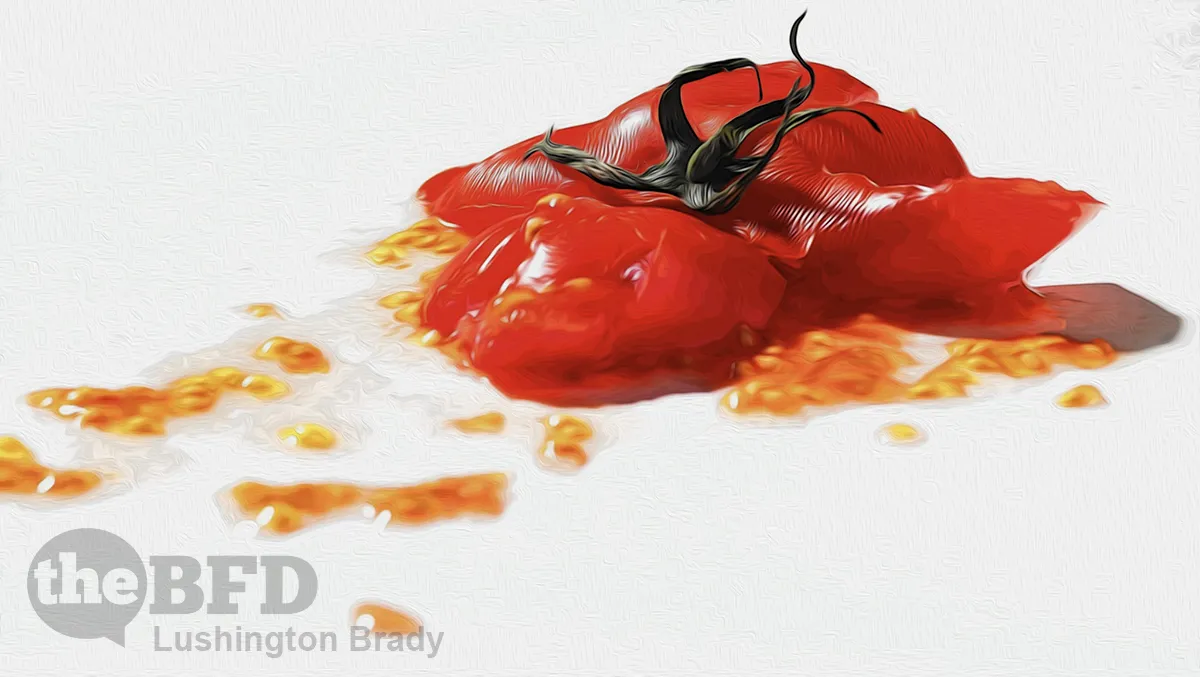Table of Contents
In his excellent memoir-cum-how-to book on indie film-making, Lloyd Kaufman of Troma Films fame had strong words for his critics. Responding to sneers that his movies had no moral value, Kaufman agreed – and that that was the point. So what, he said, if Bloodsucking Freaks had no moral value? It doesn’t pretend to: it’s schlocky, Grand Guignol splatter, and that’s all it aspires to be – and who cares?
Besides, he said, what grand moral values does Hollywood have to impart? What message does, say, Pretty Woman send to his two young daughters? That the life of prostitute, even a common Hollywood streetwalker, wasn’t too bad, and, besides, some rich guy will come along and sweep you off your feet.
If you pay careful attention you’ll find that some films do have quite terrible moral lessons, and while many are not obvious, they’re still there, no matter how good the movie makes us feel in the end.
Glamourising prostitution is a common theme in Hollywood movies, which is probably a lot more about justifying Hollywood’s predatory predilections than reality. Mighty Aphrodite, Hustle and Flow, and even child prostitution (with added pre-teen nudity) in Pretty Baby. Not to mention Risky Business, which closes with a monologue justifying being a pimp as supplying “human fullfilment”.
Not only is prostitution fun, but you can also meet the man of your dreams while working. Of course, this only looks glamorous when they’re both attractive and the man is incredibly rich.
Just as in real life, being rich lets you get away with what would be ruthlessly prosecuted in we common plebs – eh, Jeffrey Epstein?
Similarly, if Fifty Shades of Grey was remade with the protagonist was a blue-collar shmo living in a trailer park, it’d be a horror story.
Emotional and physical abuse is sexy, as long as the guy is rich and attractive. Would Anastasia put up with Christian Grey if he was an unattractive deadbeat loser?
Lloyd Kaufman also had particularly strong words for a movie that so many people inexplicably love: Forrest Gump.
To begin with, never question anything or anyone. Trust everyone, and if things go bad, just run away from your problems. Easy, right?
Mere words cannot describe my own loathing for that film. I’ll leave it to Kaufman, who summarised: Never question anything, always do exactly as you’re told, and everything will be fine; if you rebel against authority, though, you’ll get AIDS and die.
Even much-loved rom-coms have some pretty sketchy plots.
Dirty Dancing (1987)
What’s wrong with a teen losing her virginity to her dance teacher right after his friend has an abortion, right?
In real life, Johnny Castle (Patrick Swayze) would rightly be treated as a predator (Frances, Jennifer Grey, is conveniently just legal age, it might be pointed out).
Sometimes, though, criticism of dodgy plotlines misses the essential point.
The Breakfast Club (1985)
Manipulating people for your own benefit is fine. Just befriend the nerd, as long he’ll help you do the homework in the end.
But that’s not why the rest of the detention group befriend Brian (Anthony Michael Hall). They become friends before Brian agrees that he’s best placed to put their feelings to the principal in words. Sure, there’s plenty I dislike about The Breakfast Club, especially the grotesque make-under of Allison (Ally Sheedy) from a fetchingly awkward proto-Grunge girl into a twee homecoming queen, but “manipulating people for your own benefit” is a bit of a stretch.
Whiplash (2014)
Bullying someone into learning is the answer. Nothing beats abuse as a learning method, according to this movie.
In fact, Terence Fletcher’s (J K Simmons) bullying methods are the core dramatic tension of Whiplash. In a key scene, Fletcher is revealed as having driven another student to suicide. Fletcher is, in fact, the villain of the story. When Andrew Neiman (Miles Teller) finally triumphs, it’s as a gigantic fuck you to Fletcher. He might have earned a nod of approval from the bullying teacher, but the triumph is all his own.
Aladdin (1992)
You can get away with lying in a relationship. Just ask Aladdin.
To the contrary, lying is what drives Aladdin’s near-downfall. It’s only when Aladdin ultimately tells the truth, and sacrifices his last chance to lie his way to the top, that his nobility of spirit is rewarded.
Even when the plot of a story is questionable, that’s the point.
Beauty and the Beast (2017)
This Disney classic was originally released in 1991, but the moral of the story was the same in 2017: abusive relationships can work well in the end.
The Beauty and the Beast story has timeless appeal – for women especially: just survey the dozens of erotic retellings of the story on offer on Amazon – because it resonates with deep psychological archetypes. Most especially the role feminine power has in taming male aggression. The beast’s curse is a metaphor of aggressive, selfish, immature masculinity.
Cinderella (1950)
Stepmothers are evil and stepchildren will never be accepted as biological children are.
MSN
Another story with timeless appeal, precisely because it speaks truth to our deepest fears, and the undercurrents of the human psyche. At the mercy of our biological instincts, step-children are indeed far more likely to be sexually or psychologically abused. The moral, in Cinderella, is that such treatment is indeed grossly wrong – and the perpetrators are justly punished.









